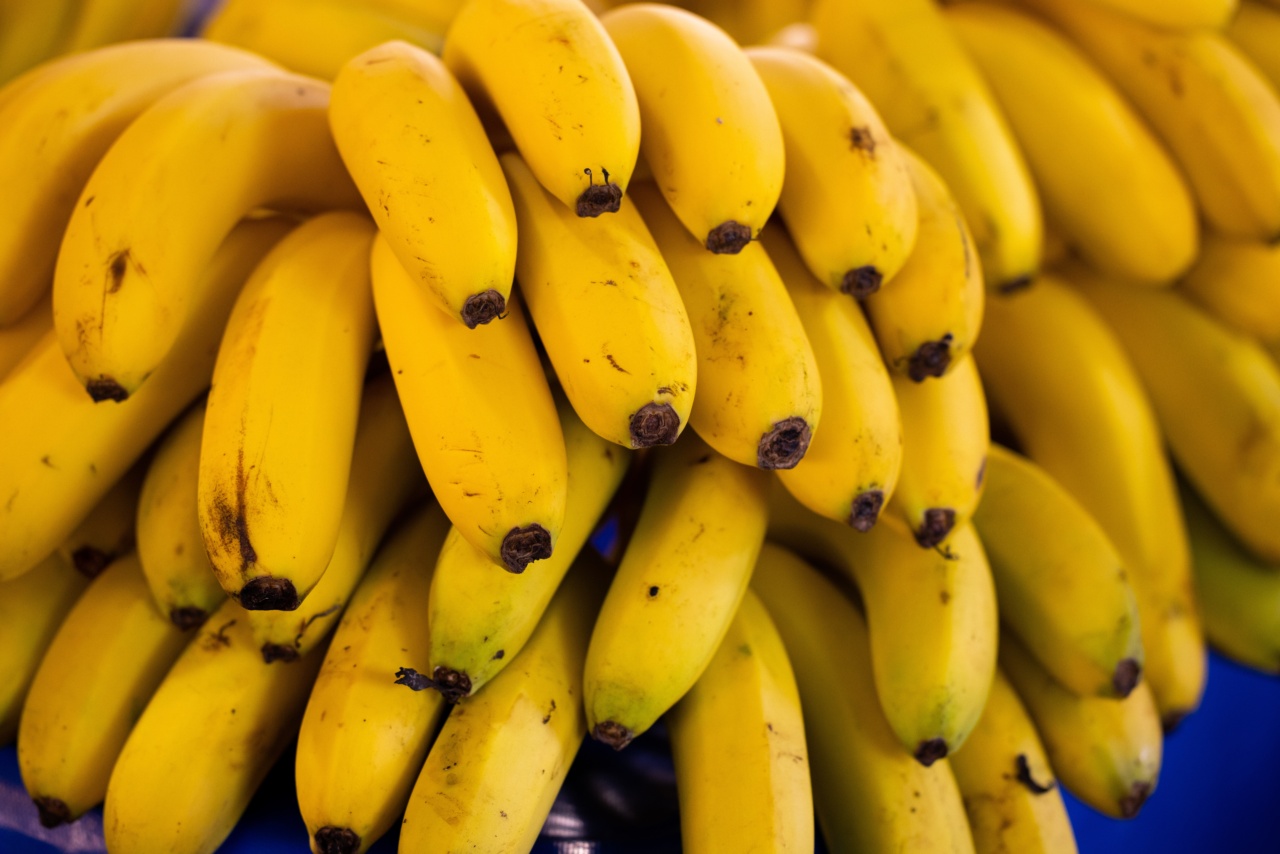Potassium is an essential mineral that our body needs to function properly. It is responsible for regulating our fluid balance, supporting our nerve and muscle functions, and keeping our heart and kidneys healthy.
Despite its importance, many people do not get enough potassium in their diet, which can lead to a variety of health problems.
What is Potassium?
Potassium is a mineral that plays a crucial role in many of our body’s functions. It is an electrolyte, which means it has an electric charge and can conduct electricity. This charges helps regulate the fluid balance in our cells and tissues.
Potassium also plays a role in transmitting nerve impulses and contracting our muscles, including the heart.
Our body needs a certain amount of potassium each day to function properly. The recommended daily intake of potassium depends on a person’s age, sex, and activity level.
However, most people need between 2,500 and 3,500 milligrams of potassium each day.
Why is Potassium Important?
Potassium is important for several reasons:.
Regulating Fluid Balance
As an electrolyte, potassium helps balance the fluids in our cells and tissues. It works alongside sodium, another electrolyte, to ensure that our body has the right balance of fluids, which is essential for many of our bodily functions.
For example, proper fluid balance is necessary for maintaining healthy blood pressure.
Supporting Nerve and Muscle Functions
Potassium is essential for transmitting nerve impulses and supporting muscle function. When we need to move our muscles, potassium triggers an electrical impulse that travels through our nerves to our muscles, causing them to contract.
This includes the muscles in our heart, which is why potassium is necessary for a healthy heart.
Keeping Our Heart and Kidneys Healthy
Studies have shown that a diet rich in potassium can help lower blood pressure and reduce the risk of heart disease. Potassium can also help prevent kidney stones and protect against osteoporosis by reducing the amount of calcium lost in our urine.
Sources of Potassium
Potassium is found in a variety of foods, including fruits, vegetables, dairy products, and meat. Some of the best sources of potassium include:.
- Bananas
- Spinach
- Sweet potatoes
- Avocados
- Salmon
- Yogurt
- Mushrooms
It is important to note that certain medical conditions such as kidney disease can affect our body’s ability to process potassium.
If you have a medical condition that affects your potassium levels, talk to your doctor before making any significant changes to your diet.
Signs of Potassium Deficiency
A potassium deficiency, also known as hypokalemia, can cause a variety of symptoms, including:.
- Muscle weakness and cramps
- Fatigue
- Irritability
- Constipation
- Abnormal heart rhythms
If you experience any of these symptoms, talk to your doctor. A simple blood test can determine if your potassium levels are low and whether you need to increase your intake of potassium-rich foods.
The Bottom Line
Potassium is an essential mineral that our body needs to function properly. It helps regulate our fluid balance, supports our nerve and muscle functions, and keeps our heart and kidneys healthy.
Despite its importance, many people do not get enough potassium in their diet, which can lead to a variety of health problems. Make sure to include potassium-rich foods in your diet, and talk to your doctor if you have any concerns about your potassium levels.



























